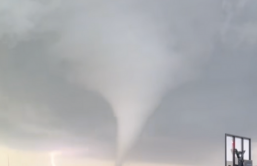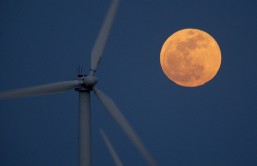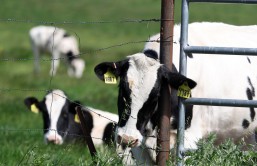Researchers have created maps which indicate the speed and the direction of climate-related changes in various locations. It also showed how animals and plants will move somewhere else where climate change is less evident.
The maps were created to provide a simple, visual way of looking into the developing changes in the biodiversity in different areas as a result of climate change. Developed by a team of international experts in climate change research, the maps will be used to visualize how plants and animals will shift their adaptation techniques in order to thrive in their ideal climate.
"The maps show areas where plants and animals may struggle to find a new home in a changing climate and provide crucial information for targeting conservation efforts", Elvira Poloczanska, who works for the Commonwealth Scientific and Industrial Research Organization (CSIRO), said in a press release.
Experts used sea surface analysis and data for land temperature which were recorded from 1960 to 2009 in creating the map. They made two scenarios: the "business as usual" where all factors were held constant; and the scenario where the temperature is 3.1 degree Fahrenheit higher. These scenarios were used to identify which areas will become warmer first and which existing ecosystems will be affected greatly when it happens.
Researcher Kristen Williams explained that the maps can also be used in predicting the speed and the direction of the temperature shift as well as the possible paths that migrating species will use. "Our work shows that climate migration is far more complex than a simple shift toward the poles.", she said to UPI.com.
Studying species migration is imperative for this plays a crucial role in any ecosystem's biodiversity.
"Across Australia, species are already experiencing warmer temperatures," Williams added. "In terrestrial habitats, species have started to seek relief by moving to higher elevations, or further south. However, some species of animals and plants cannot move large distances, and some not at all."








